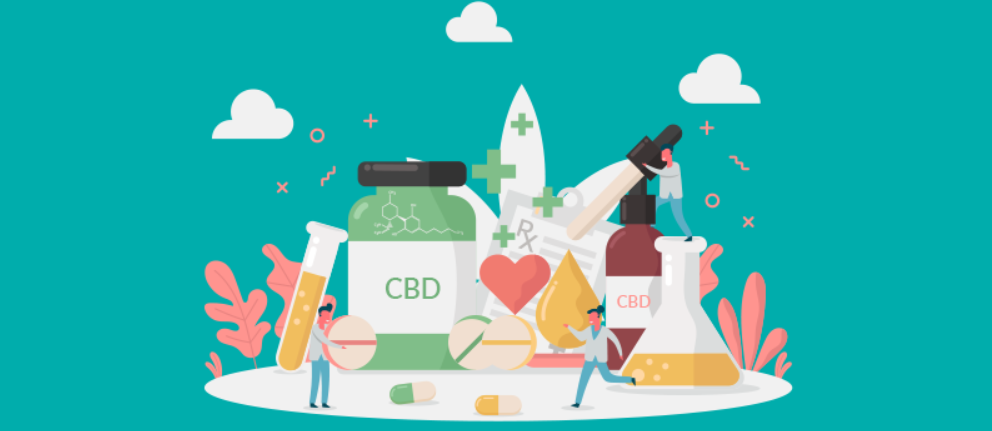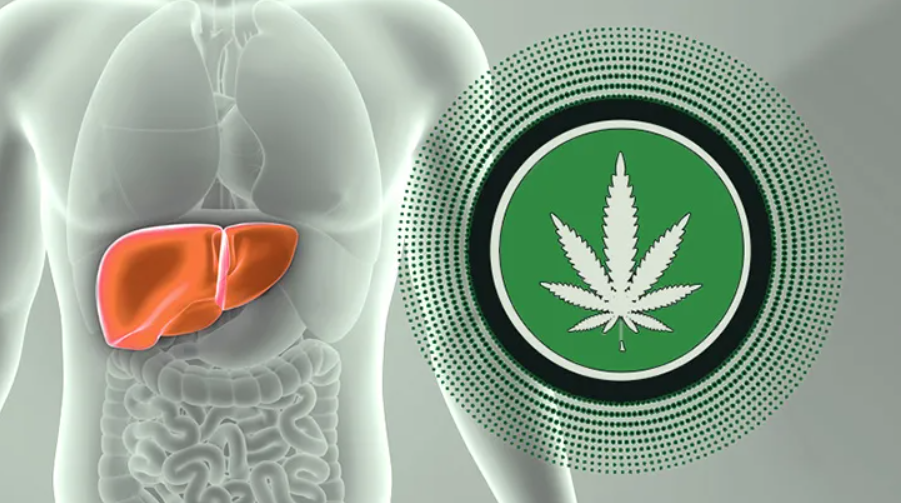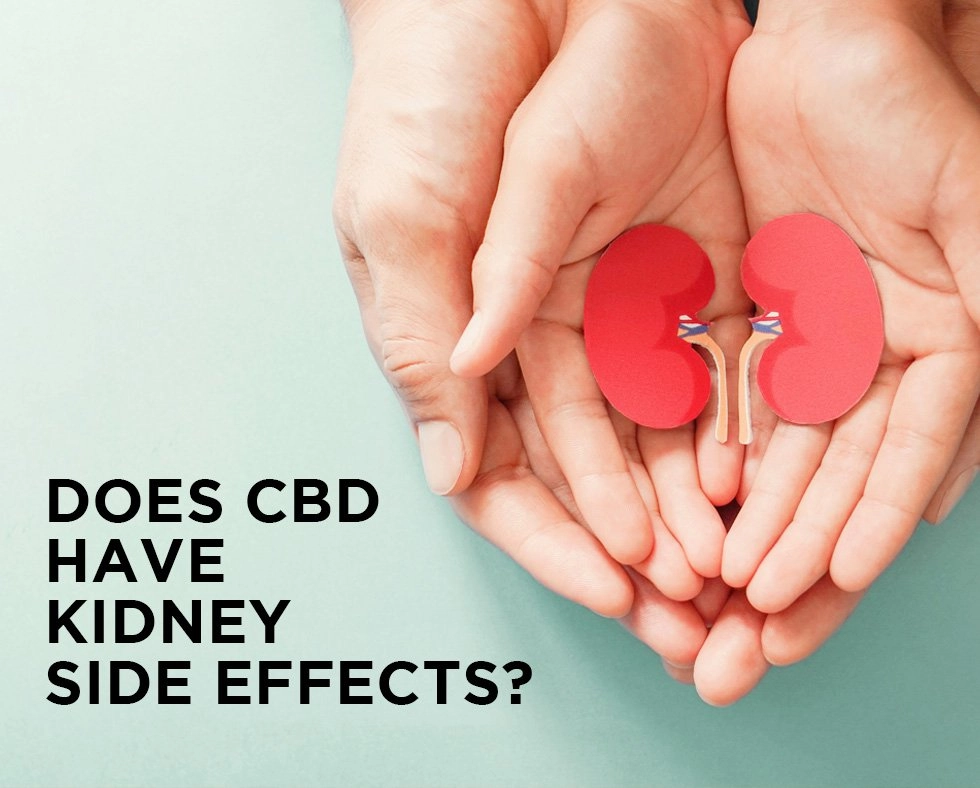Cannabidiol, or CBD, has gained popularity among Americans as a wellness aid in recent years. However, there is considerable uncertainty and worry over the potential drawbacks and advantages of consuming CBD. This post will discuss the effects of CBD on your kidneys, heart, and liver—three vital organs.
What physical effects does CBD have?

CBD interacts with the endocannabinoid system (ECS) to impact your body and overall wellness. Numerous body processes, including pain thresholds, emotional states, and immune system activity, are influenced by the ECS.
There are numerous possible health advantages to CBD, such as:
- alleviation of pain
- assistance with sadness and anxiety
- supporting those with drug use issues
- improved slumber
- lowering the degree of inflammation
- Avoiding convulsions
- CBD oil in the form of Epidiolex (cannabidiol) has FDA approval. It is used to treat specific types of epilepsy in children.
Can CBD damage your kidneys or liver?
It doesn’t seem that CBD is bad for your kidneys. However, in some situations, it can increase the risk of liver damage.
The liver and CBD

The FDA issues a warning that CBD may harm the liver. High levels of liver enzymes were a major cause of therapy discontinuation in Epidiolex clinical trials. This is due to the possibility that elevated liver enzyme levels indicate liver injury.
Higher drug dosages increased the likelihood of these elevated liver enzyme levels. Additionally, they were more common in patients using specific additional drugs (such as valproic acid) in addition to Epidiolex.
However, the dosages of Epidiolex are far greater than those of the majority of over-the-counter (OTC) CBD medicines. Furthermore, some research indicates that CBD may benefit the liver following surgery. Therefore, more investigation is still required to determine the precise mechanisms by which CBD affects the liver.
The kidneys and CBD

As of right now, there is no proof that CBD is bad for your kidneys. In some circumstances, CBD may even be able to prevent kidney injury.
Is it okay to take CBD?
Overall, it appears that CBD has little adverse consequences. Although rare, the following negative effects have been reported:
Vomiting or nausea with diarrhea
Exhaustion and Drowsiness
The FDA does not regulate CBD products sold over-the-counter. This implies that there is no need for safety testing. It also implies that they can have other components (like pesticides) or contain less or more CBD than what is stated on the label.
Purchasing just premium CBD products might help you stay away from hazardous substances. Third-party labs always examine premium items for purity and safety. The manufacturer ought to have access to these lab results. Dispensaries that sell cannabis under state regulation are an excellent source of CBD. Strict guidelines are often in place for testing and labeling in these establishments.
Is CBD detrimental to the heart?
There isn’t any proof that CBD harms the heart.
Compared to other substances in the cannabis plant, CBD has different effects on the heart. For instance, the primary psychoactive ingredient in cannabis, tetrahydrocannabinol (THC), may occasionally be bad for the heart.
However, CBD has strong anti-inflammatory properties. Because of this, experts in heart and lung health believe that CBD may, in some cases, really assist protect your heart.
Additionally, experts believe that CBD may help those who have high blood pressure. However, not enough human research exist to support these intriguing theories.
Also Read: Honest Review Of Shark Tank CBD Gummies – Honest Review
What level of CBD is excessive?
It’s unclear from medical research how much CBD consumers should take while utilizing over-the-counter products. Your doctor will use your body weight to determine the appropriate dosage for Epidiolex.
Numerous CBD dosages have been tried in controlled research trials. Doses ranging from 150 mg to 1,000 mg daily are included in this. Higher dosages typically result in more frequent unpleasant side effects, such as tiredness or diarrhea. You probably won’t get serious adverse effects from CBD alone. However, these may occur if THC or drugs like benzodiazepines or opioids are used with CBD. In these situations, it’s uncertain if CBD is the source of the toxicity.
Experts advise lowering your CBD dosage gradually at first until you experience the desired impact. Reduce the dosage and notify your healthcare practitioner if any adverse effects occur.
It is advisable to see your doctor before using CBD together with any other drugs. To ensure that it’s safe for you, your provider will want to look for any drug interactions. Additionally, it’s advisable to abstain from alcohol when using CBD.
In summary
In general, CBD is regarded as safe. However, it can increase your liver enzyme levels, which could indicate liver damage. This typically occurs when CBD is taken at extremely high dosages or in combination with specific drugs. It appears that CBD has no negative effects on the heart or kidneys, two very important organs.
Investigations on the physiological effects of CBD are still ongoing. Consult your physician prior to using CBD products. They can assist in ensuring your safety.
Continue Reading………………..

Leave a Reply